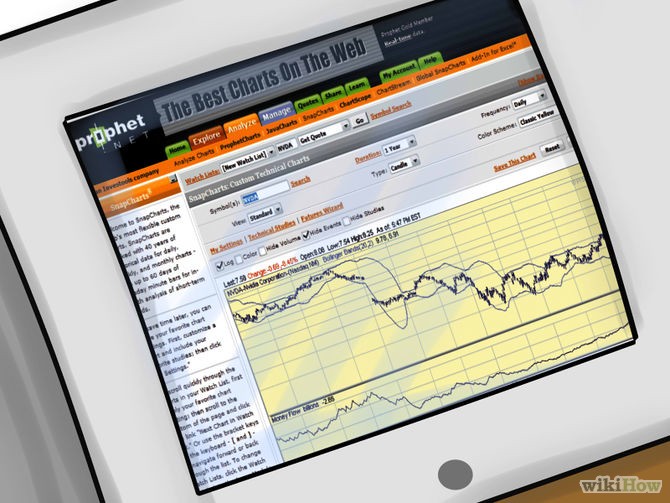News Reality Investors Should Choose Index Funds With the Lowest Fees
Post on: 25 Апрель, 2015 No Comment

Investors Should Choose Index Funds With the Lowest Fees
by www.thestreet.com

NEW YORK (TheStreet) — As a portfolio manager and registered investment adviser, I can tell you that fees range widely on various popular investment options and, given that many index funds track similarly, it pays to choose the one with the lowest fees. Recently, I was exploring different investment options for my own 401(k) and realized how confusing this process could be for the typical retail investor. To help save people time — and potentially money — I am sharing my findings. As a more traditional 60/40 investor, I wasn’t looking for a fancy equity fund, rather, I chose to index my equity exposure to the S&P 500. In the past, I have always used Vanguard for my investments, basically driven by their wide choice of options, the ease of investing, solid customer service and, of course, the low fees. But with all the options, I decided to explore what was available. I have been invested in Vanguard’s S&P 500 mutual fund for several years. The ticker is. Vanguard seems to offer an ETF tied to the S&P 500, though it looks like it is a more recent offering. That fund ticker is. and the results are quite similar. As a comparison, I started with the S&P Spider ETF, or. My window of comparison was to examine January 2015, a single month. Additionally, I thought I would look at 2010 through 2014, a five year window. Then I chose a similar timeframe, 2005 through 2014 or 10 years. The results were not surprising, or too much different: Must Read: 16 Rock-Solid Dividend Stocks With 50 Years of Increasing Dividends and Market-Beating Performance The results for January 2015 were quite similar, with SPY losing 2.96% and Vanguards fund losing 3.00%. In my mind, the 0.04% difference could be attributed to fees and slight trading differences due to timing of inflows and outflows between the funds throughout January. Which takes us to fees. While both are low, Vanguard’s fee is 5 basis points, while SPY charges 9 basis points. The 4 basis point difference equates to a third of a basis point per month to an investor like me. Not even noticeable to an individual. But, this is big money for the likes of a State Street and Vanguard. On its $181 billion of SPY assets, State Street earns roughly $163 million in fee revenue — and that’s just on this one product alone. Vanguard rakes in over $90 million for its S&P 500 product. (Interesting to note, Vanguard Group says that it manages $2.3 trillion across the firm. Assuming that it can charge an average of 25 basis points for fees on all products, that would mean $5.75 billion in revenue! One might argue that, at this assets under management level, fees are still high.) Then I started to think about the effects of fees on performance over time. In other words, how has this fee differential eaten into performance over time? When I compared the two funds on a five and 10 year basis, the Vanguard results win out, though only by a narrow margin. For me, as an individual investor, my five year and ten year result in Vanguard’s S&P product was 104.8% and 109.3% respectively while the State Street SPY product gained 104.1% and 108.2% respectively. Hardly noticeable, really. Probably a couple hundred bucks for my account. Given the two results, and the fact that I am 1% ahead after 10 years through my Vanguard fund, I elected to cross off SPY from my comparison. Must Read: 5 of the Fastest Growing Dividend Stocks You Can’t Afford to Miss Then I expanded my collection of groups offering S&P 500 index products to see if I had missed anything. I used Yahoo and Morningstar software to search and sort results by total return. There is a wide array of product offering a similar exposure, though with differing success. Some of the difference is attributed to differences in fees, some is methodology and execution. It is easy to see the effect that fees have on returns over the longer periods. With a passively managed investment mandate, given that the manager is charged with replicating a highly liquid, very visible, public index, it seems that the smartest choice is to go with the lowest fee. In full disclosure, I am not employed by, nor have I ever been employed by any of the firms listed here. Furthermore, as mentioned, I do hold the Vanguard ETF, and have for several years. Given this analysis, I don’t expect to change my S&P 500 exposure. Must Read: 16 Rock-Solid Dividend Stocks With 50 Years of Increasing Dividends and Market-Beating Performance














